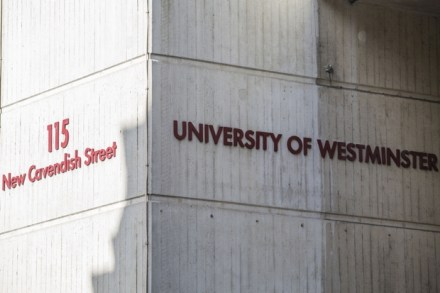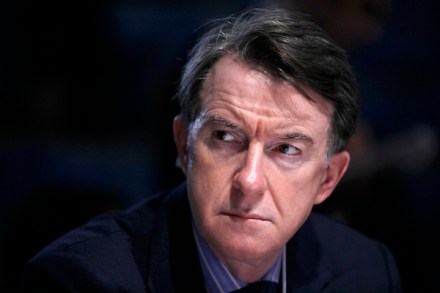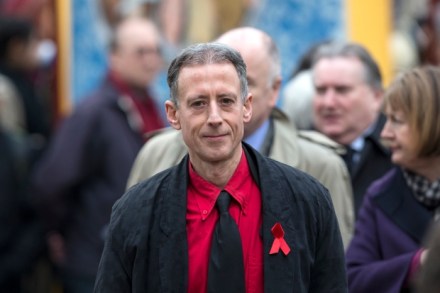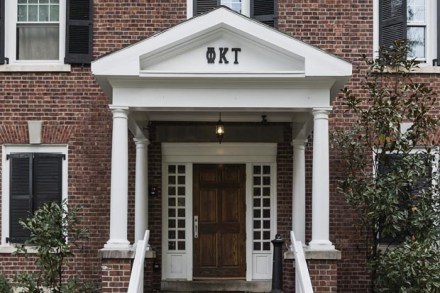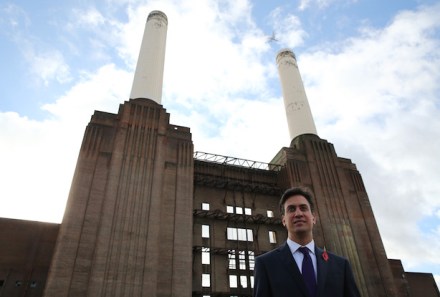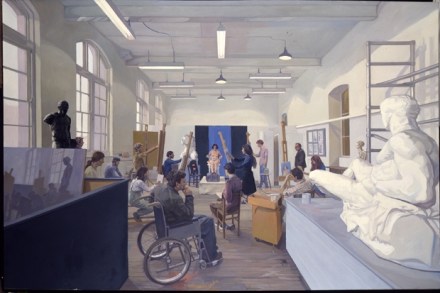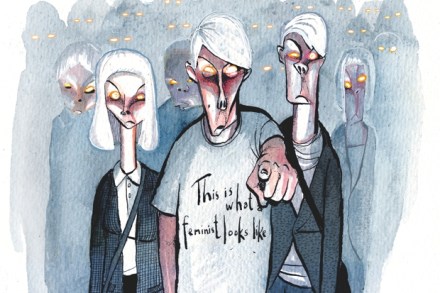If ‘non-violent extremists’ can’t express their views at universities, where can they?
Last month, the government’s Counter-Terrorism & Security Bill became law. One provision is the legal obligation it places upon ‘specified authorities’ to ‘prevent people from being drawn into terrorism’. ‘Specified authorities’ includes universities, whose vice-chancellors made several interventions as the legislation made its way through Parliament. The Education (No.2) Act of 1996 places a duty on universities and colleges to ‘ensure that freedom of speech within the law is secured for members, students and employees of the establishment and for visiting speakers’. University professors (myself included) pointed out very publicly that the Counter-Terrorism Bill, as originally drafted, seemed not to take account of this obligation. We were grateful that the House of
